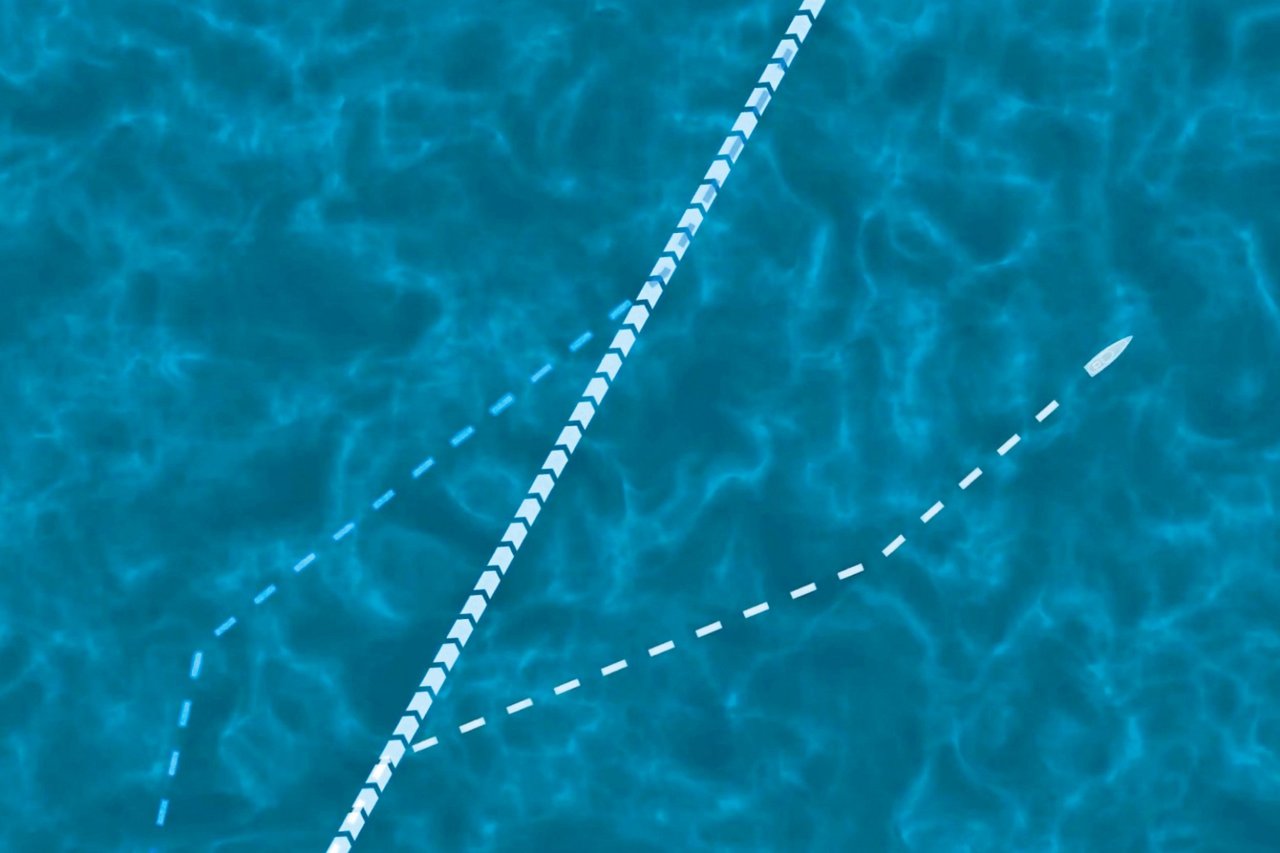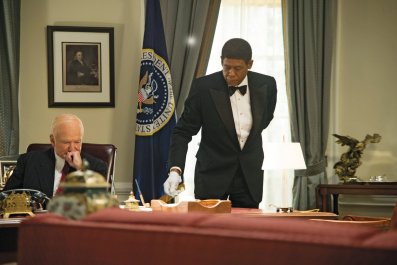When the Iranians got their hands on a super-sophisticated U.S. military drone in 2011, one of their scientists claimed they had "spoofed" it, fooling its automatic pilot into thinking it was flying home to a U.S. base in Afghanistan when, really, it was flying right into their hands. The embarrassed U.S. government claimed this was farfetched for all sorts of reasons, not least the fact that military GPS signals are encrypted. But the basic technology needed to spoof navigation systems is getting more accessible all the time, as proved by a professor and his students at the University of Texas at Austin. They managed to fool the navigation system of an $80 million yacht (with the owner's consent) using a device about the size of a briefcase. While the wake of the boat traced a neat arc in the water, the GPS registered a straight line toward another destination. "I didn't know, until we performed this experiment, just how possible it is to spoof a marine vessel and how difficult it is to detect the attack," said Prof. Todd Humphreys. Time to rethink the security of our civilian navigation systems. As your car's GPS likes to say, "Recalculating ... recalculating."
Spoofing the Enemy's Technology Is Getting Easier

























